One of the least understood characteristics of American accreditation is that the process percolates from the bottom up rather than trickles down from the top.
The core of an accreditation protocol is the self-study, an honest introspective look at all the functions of the school. It is not the school administration that does the self-study rather a representative team of teachers, parents and the community that governs the process and garners input from all the stakeholders of the school.
Teacher input is particularly important to the self-study process. What is expected in a successful accreditation protocol is that teachers cooperate in an evaluation of the curriculum, to see where it is effective and where not, what is essential to the objectives and what is superfluous. Teachers who are properly involved in an accreditation process are the ones to decide the practicality of the courses they teach. Do the students achieve mastery of the required skills? Will they be prepared for the next course? How does it all fit with the school’s educational objectives? Whom better to turn to than the teachers who actually teach children?
Meaningful change can only happen if the classroom teachers can own the program and breathe reality into it. When curricula percolate from teachers to administrators and the needs and requirements of the student come first, the product has to be a better one. That’s what the American accreditation model is all about.
Rabbi Kaplan is National Director, Merkos Chinuch Office, and Director and Chair of the National Accreditation Board of Merkos L’Inyonei Chinuch.
Shared with permission from the National Council for Private School Accreditation (NCPSA). Originally from https://ncpsa.org/resources/newsletter-vol-1-issue-1/#My-View.

